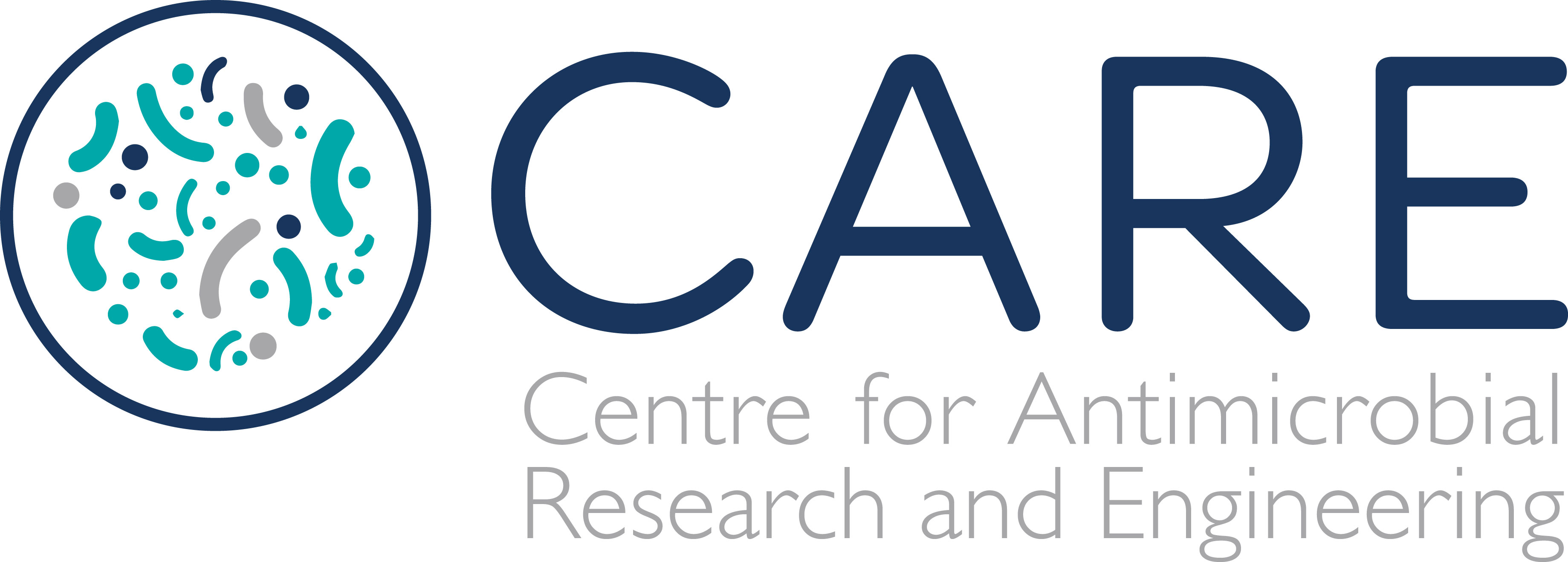In this case study, Dr. Gareth LuTheryn describes his outreach activities at multiple schools designed to engage students with the topic of antimicrobial resistance. Key learning outcomes include critical thinking skills, engaging multiple households with the topic through follow-up conversations, and knowledge and inspiration to become the next generation of researchers to tackle antimicrobial resistance.
Science Outreach Activities in Schools with Dr Gareth LuTheryn
A case study summary of his work to engage students and their families with the topic of antimicrobial resistance.
Dr LuTheryn describes his recent activities in schools, designed to familiarise students with the topic of antimicrobial resistance and teach them critical thinking skills that help them access the most competitive universities. Read how he inspires students and the next generation of researchers that help us tackle bacterial infections.
Why is this important?
The Brilliant Club's outreach programme connects researchers and students and teaches critical thinking skills required to access and succeed at the most competitive universities.
The case study
"I’ve been working with The Brilliant Club for over 5 years; they are a charity that focus on supporting students who are less advantaged, to access the most competitive universities and succeed when they get there (https://youtu.be/iXV1QIP5aqQ). The additional benefit of this outreach programme is that it enables researchers to engage with students from KS3 to KS5 (11-16), discussing current research themes and provide them with the skills to think critically about their importance. Recently I have worked Schools across the South of England, such as Eggar’s (Alton), Springfield School (Portsmouth), Oasis Academy (Southampton), and Livingstone Academy (Bournemouth). I spend around 10 hours with each school, giving interactive tutorials on the topic of antimicrobial resistance, drug development and treatment strategies. We start by discussing the basics of microbiology to understand what microorganisms are and how they can cause harm, followed by what the standard treatments options are.
All students are acutely aware that if they have an infection, they will be given antibiotics to help cure it. However, most are not aware of what happens if the antibiotic does not work. From the perspective of ‘One Health’ we introduce the concept of how organisms like bacteria develop resistance, how this spreads through the environment and the population and what the consequences are for our daily lives. At KS3 we ask students to explore new ways they think we could tackle the issue of antimicrobial resistance, through the process of discovery, development, testing and administration of new drugs. At KS5 we push this a little further and add in the complication of treating biofilm and recurrent infections, asking students to propose how we can tackle the issue without the use of antibiotics at all and what the consequences of this would be. This is a really unique opportunity for researchers to share the very latest research developments in the field, with the people who are the researchers of tomorrow that will undoubtedly pick up the torch from us on this issue in the years to come.
This outreach work serves so many functions not only in providing motivation and skills to enable these students to access university and succeed, but providing them with the context for why pursuing these themes is important. It’s important to remember we aren’t just engaging the students, but also their whole household when they go home and discuss what they learned that day. In this way we are truly widening the impact of the research we do, ensuring that multiple households are talking about these current issues whilst inspiring the next generation of researchers to help us take action." - Dr Gareth LuTheryn
Researcher Spotlight: Prof. Anthony McHale
Researcher Spotlight

